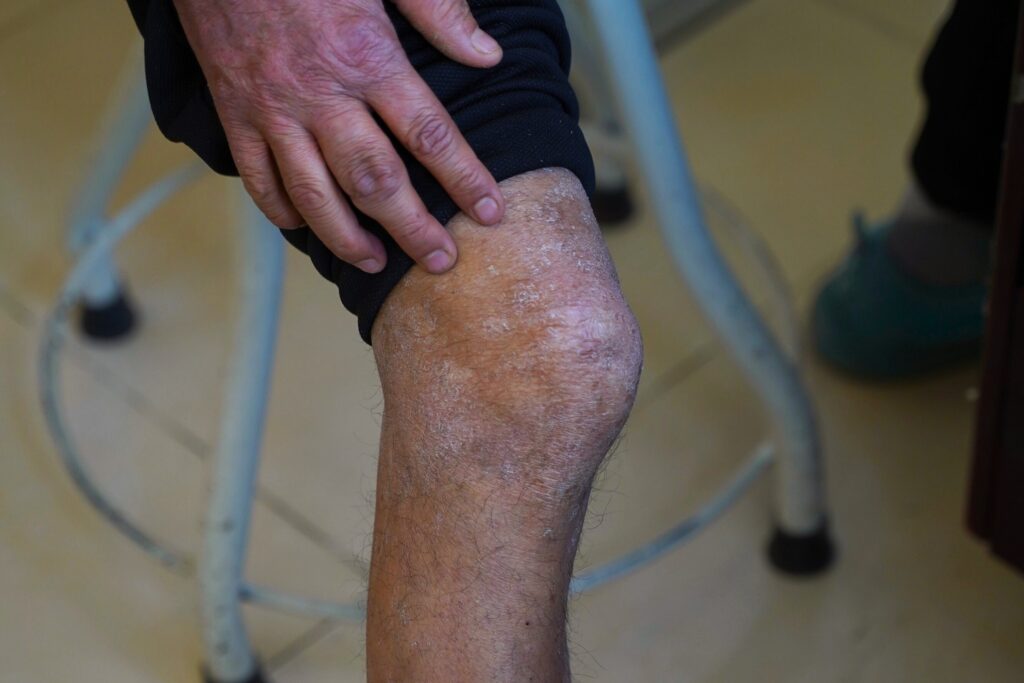The World Health Organization has added the biologics adalimumab and ustekinumab to the latest update to the WHO Model List of Essential Medicines (EML). The Committee also approved the addition of therapeutic broad-spectrum sunscreen (SPF 50+), specifically to protect people with albinism.
The WHO’s EML is a global guide to help countries ensure that the most effective, safe, and affordable medicines for priority health needs are always available and accessible. The EML is updated every two years and includes over 500 medicines, with a separate list for children. It serves as a basis for public sector procurement, supply of medicines, and health insurance.
Submitted by ILDS and Others
The new applications for adalimumab and ustekinumab were submitted by the International League of Dermatological Societies (ILDS), with support from ILDS members, the International Psoriasis Council, and dermatology and global patient societies. The Committee also highlighted that quality-assured biosimilars should be considered as therapeutic alternatives.
“The decision by the WHO to place adalimumab and ustekinumab biologic therapies on their essential medicines list for adults and children with psoriasis means that many thousands of people with psoriasis, wherever they may live in the world, now have access to these powerful and effective medicines,” says Prof. Christopher Griffiths, Director, Global Psoriasis Atlas and Special Advisor to ILDS on Global Health Research and Policy, in a news release.
The Committee’s approval of the addition of therapeutic broad-spectrum sunscreen (SPF 50+) to the EML and EMLc, will benefit many thousands of individuals with albinism. Those living in sub-Saharan Africa, for instance, are up to 1,000 times more likely than the general population to develop squamous cell carcinoma of sun-exposed skin.
Application Led by UN and Others
The application for broad-spectrum sunscreen was led by the UN Independent Expert on the enjoyment of rights by persons with albinism, the Global Albinism Alliance, and the UN Special Rapporteur on Human Rights in the Context of Climate Change, with strong support from ILDS and multiple global partners.
“Sunscreens are an absolutely critical tool for protecting the skin from the harmful immediate and long-term effects of solar radiation,” adds Prof. Harvey Lui, ILDS Past-President and Special Advisor. “This is especially important for individuals with albinism who are at extreme risk for skin cancer because they lack sufficient natural skin protection.”
Lars E. French, MD, Professor and Chairman of the Department of Dermatology at the Ludwig Maximilian University (LMU) in Munich, Germany, ILDS Immediate Past President and Chair of the ILDS-WHO Committee, says, “This achievement goes far beyond the addition of new medicines to a list. It represents a recognition that skin health is integral to universal health coverage and global health equity. By bringing both psoriasis biologics and sunscreen for albinism onto the WHO Model List of Essential Medicines, the WHO is signaling that these are not optional interventions, but essential tools that can transform lives.”
ILDS President Henry W. Lim, MD, Former Chair of the Department of Dermatology at the Henry Ford Medical Center in Detroit, MI, agrees. “For the ILDS, this historic decision highlights the importance of continuing to collaborate with the WHO, our member societies, and partners to ensure that these global decisions lead to real improvements in care, particularly in underserved communities. It is through steps like this that we move closer to our vision of ‘Skin Health for the World’.”


